If President Donald Trump follows through on threats to send the National Guard to Chicago, his decision will not only stress-test the deep American antipathy to military rule. It will also generate a cascade of legal challenges with few precedents.
Trump may float New Orleans as his next target, but a deployment of the guard to Chicago over the objections of a Democratic governor raises two broad categories of legal question: Is the deployment legal, and are actions taken during a deployment criminal or unconstitutional? The first question, already a subject of litigation over Trump’s Los Angeles troop deployment, is mired in legal complexities, but it boils down to whether the courts will blink when confronted with blatant lies about the deployment’s rationale. The second question is easy to overlook, but vital in practice, because it illuminates the immediate stakes of expansive Guard deployment in the homeland.
Let’s go in reverse order, so those stakes are clear up front. Imagine the president lawfully takes control of a state National Guard, which is known as “federalizing” it, and which has occurred occasionally throughout American history. Such a move, importantly, doesn’t automatically tap any new substantive authority to conduct arrests, make searches or control people’s movement. In theory, if federalized troops conduct illegal arrests or searches, or if they stifle political speech, they violate the Constitution and can be held to account.
But in practice, matters are different. For one thing, the Trump administration would be unlikely to prosecute the very troops it activated under the criminal provisions of the civil rights laws. Meanwhile, the risk of unconstitutional violence ticks up when local police are displaced. Chicago police, for example, negotiated a consent decree in 2021 setting out rules for First-Amendment-protected protests. Both cops and civil society have clear guardrails, which are well-used and familiar to locals after four years of use. But those rules are not binding on the National Guard. What’s more, those troops — many molded by combat experience overseas — have no training for domestic engagements. Without rules, without experience, the risk that a misunderstanding sparks a conflagration is grave.
Worse, the Rehnquist and Roberts Courts have chipped away at the mechanisms to redress such harms. Damages, injunctions, habeas corpus writs or orders to exclude evidence — all these technically exist, but in practice are beyond most people’s reach.
This reality makes domestic deployment of the military a particular threat to constitutional rights, and in particular to the First Amendment activities of organizing, protesting and even speaking. Imagine federal forces policing protests of election fraud, or regulating which candidates can hold rallies in the runup to the midterms, and it becomes clear why what’s at stake is not just individuals’ civil rights: It is the integrity of the democratic process.
All this makes the first question more pressing: If there are few after-the-fact controls on unconstitutional federal violence, then surely the legal frameworks determining when troops can be deployed in the homeland should be carefully calibrated with a clear threshold and sharply etched boundaries.
Alas, the statutes that regulate domestic uses of the military are tangled, vaguely and carelessly framed and riddled with incoherences. The legal theory underlying the deployment of troops in Washington, D.C., was different from the one used for L.A. — and there is no certainty the same theory will be re-upped for Chicago.
Much of this ambiguity bubbles out of an 1878 statute called the Posse Comitatus Act. Ironically, it was first adopted to limit the federal government’s military enforcement of the Fourteenth Amendment, thus enabling the birth of Jim Crow. At least in theory, the law prohibits the president from unilaterally using troops to engage in policing or law enforcement—and so has become a bulwark for American citizens’ freedom from military subjugation.
Yet the Posse Comitatus Act’s riddled with gaps. For example, the 1878 measure only applies to the National Guard when they are fully “federalized,” rather than in “state active duty” status. Hence, the D.C. National Guard — which is commanded by the president — can, and in recent weeks has been, mobilized in its “state” form without triggering the law. Indeed, a recent executive order envisages creation of a more permanent “specialized unit” — perhaps capable of deployment beyond the Beltway.
Moreover, the Act bars troops from “executing the law,” but doesn’t define that term. So when the National Guard are called upon to surround a federal building during a protest, is that “executing the law” or is it merely acting in a protective manner? The law doesn’t say, but it’s easy to see how the second function could swallow the first, especially if read by a pro-presidential Supreme Court.
Worse, the 1878 Act allows for deployments when there is an “exception” in another statute — and there are at least 26 other statutes that act as such escape hatches. Some are barely relevant today, but there remains a smorgasbord of statutory options for a federal lawyer looking for ways to use the military. From the perspective of blue-state mayors and governors, this creates abiding uncertainty about not just whether, but also where and how, federal troops will be deployed.
What authority would Trump use for a potential Chicago deployment? One possibility is that he involves one of the five so-called Insurrection Acts passed between 1792 and 1871. One of the most sweeping of these allows the president to use the military when he sees “obstructions” that “make it impracticable to enforce the laws of the United States.” Taken literally, this seems like an open invitation to cast aside civilian law enforcement whenever the president thinks it convenient. Unless the courts were willing to check aggressively the meaning of words like “obstructions” and “impracticable,” this is an exception that could easily overtake the rule.
Yet Trump to date has not invoked that provision. Perhaps his lawyers recognize that it poses hard questions about vast delegations of untrammeled authority of a sort that have caught the Roberts Court’s attention elsewhere.
Instead, in the L.A. deployment, it leaned on a different, two-step theory. First, the government used a slightly narrower provision, which allows the president to federalize the National Guard when he is “unable with the regular forces to execute the laws of the United States.” This provision, moreover, requires that orders to the Guard be “issued through the governors,” language added in 1908 to the statute seemingly to ensure that this power could not be used over a state’s consent.
If Trump uses this narrower provision again, a threshold question will be whether the president is in fact “unable” to enforce federal law. In the L.A. case, a panel of appellate federal judges found there was enough evidence of violent disruption to ICE enforcement actions to trigger deployment authority. That factual conclusion is, at a minimum, highly debatable, even under its highly president-friendly reading of the statute.
And in cities such as Chicago, with no riots or massive protests against ICE enforcement, there is simply no pattern of obstructed federal functionalities which the government could cite. It would rather have to make the bald, fact-free assertion, that the president felt “unable” to act.
But even assuming that the Guard is lawfully federalized, this does not mean that the military can be used for law enforcement. The provision allowing the National Guard to be federalized has never been understood as an exception to the Posse Comitatus Act — and so whatever the Guard then does cannot be law enforcement. It was on this basis that Judge Charles Breyer ruled this week that Trump had violated the Posse Comitatus Act by using troops in L.A. to do security patrols, crowd control and traffic enforcement.
If a further deployment happens, however, the executive will likely claim federalization is lawful, and no law enforcement is occurring in violation of Posse Commitatus. Given what’s happened so far, both claims are likely be dubious. So the question will be become whether judges charged with enforcing the law — all the way up to the Supreme Court — would be willing to stomach what is likely to be an out-and-out lie to avoid a confrontation with the president.
Here, the historical record is hardly comforting. At least twice before in cases concerning Trump, the Supreme Court has managed to simply ignore evidence of unlawful discriminatory motive or outright criminality on dubious theoretical grounds. There’s little reason now to expect the justices to act like actual judges by standing up to presidential lies, as opposed to serving as rubber stamps.
Given a bench subservient to a politically aligned president, it’s hard to see how a new National Guard deployment ends well. Not only the people of Chicago, but the strength of American democracy, are likely to face real harm.
.png)



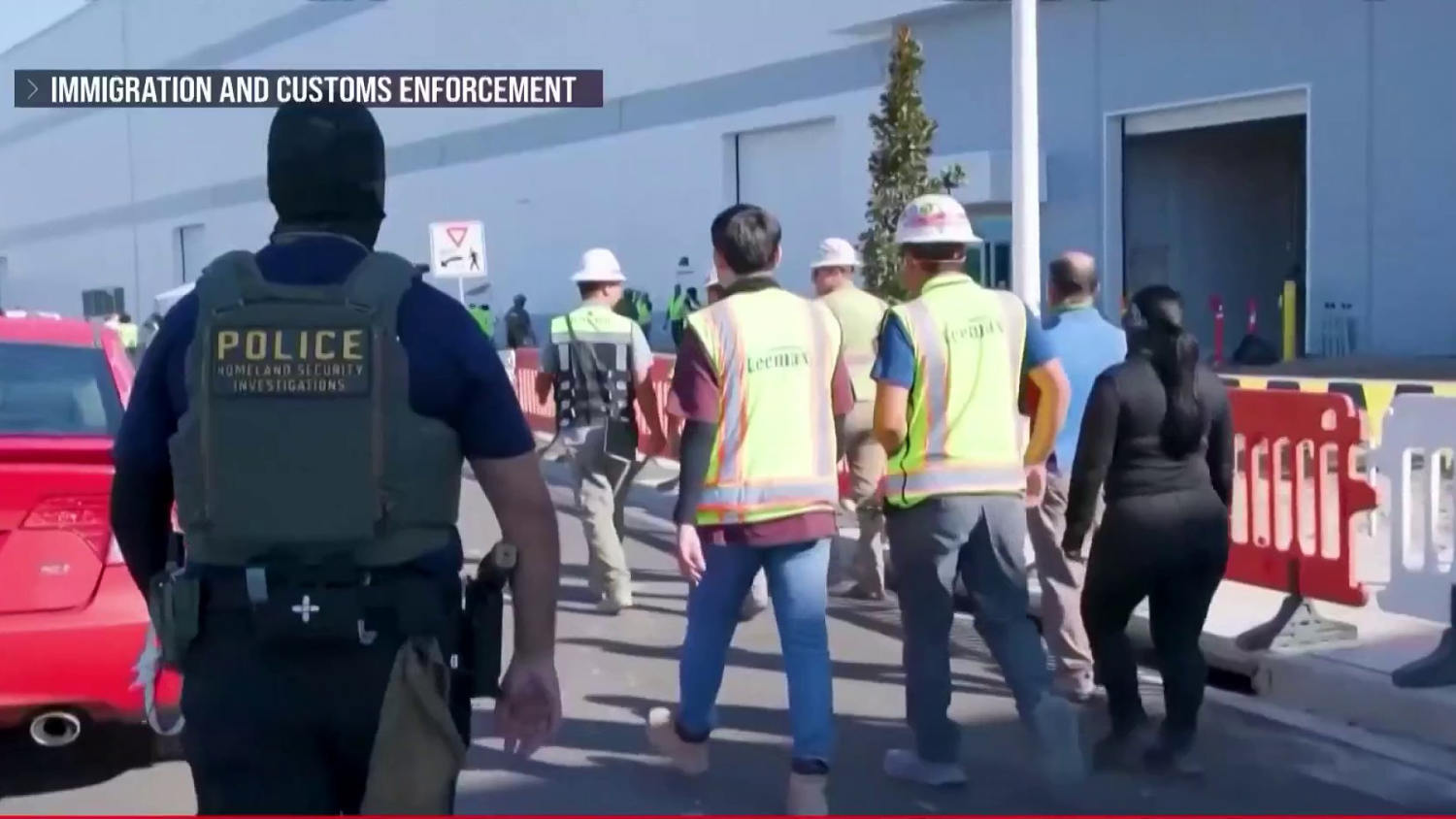
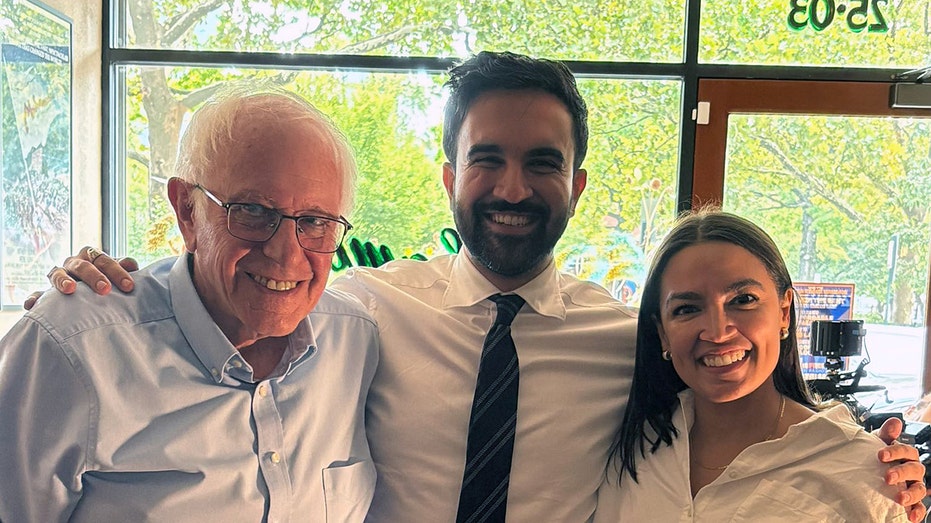
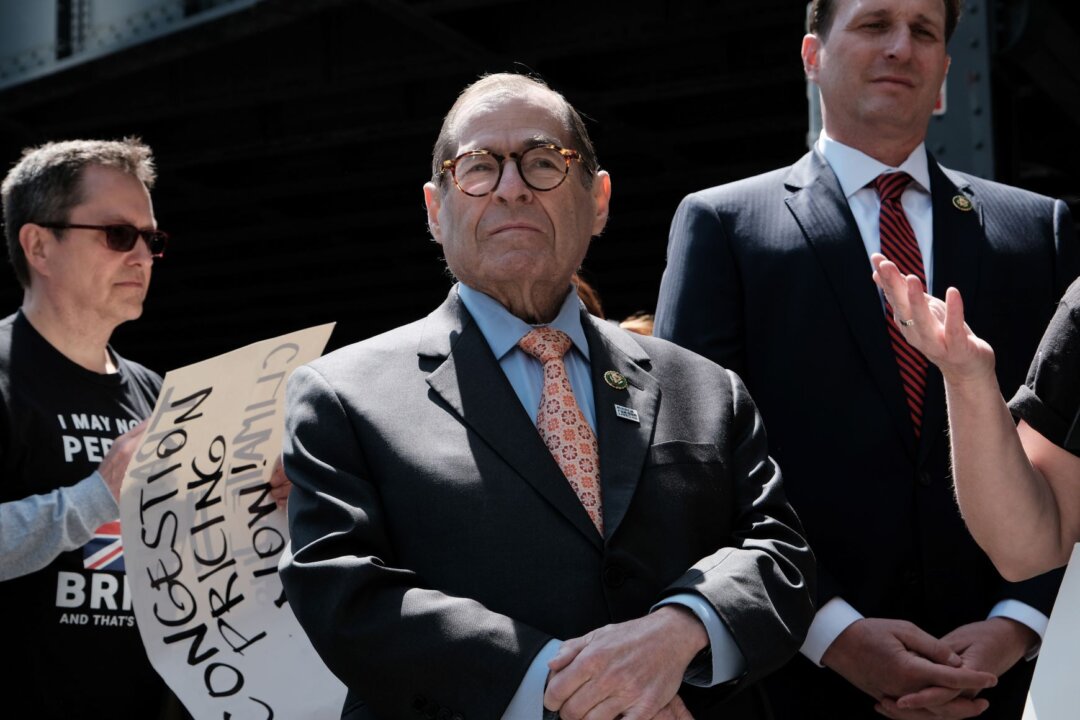

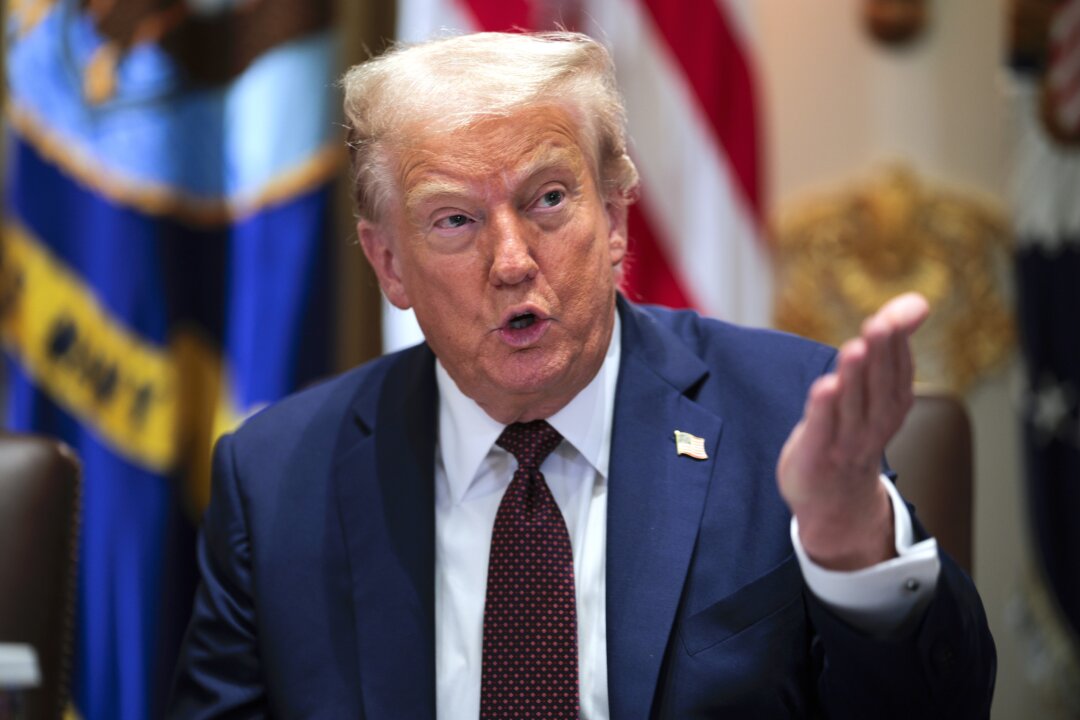


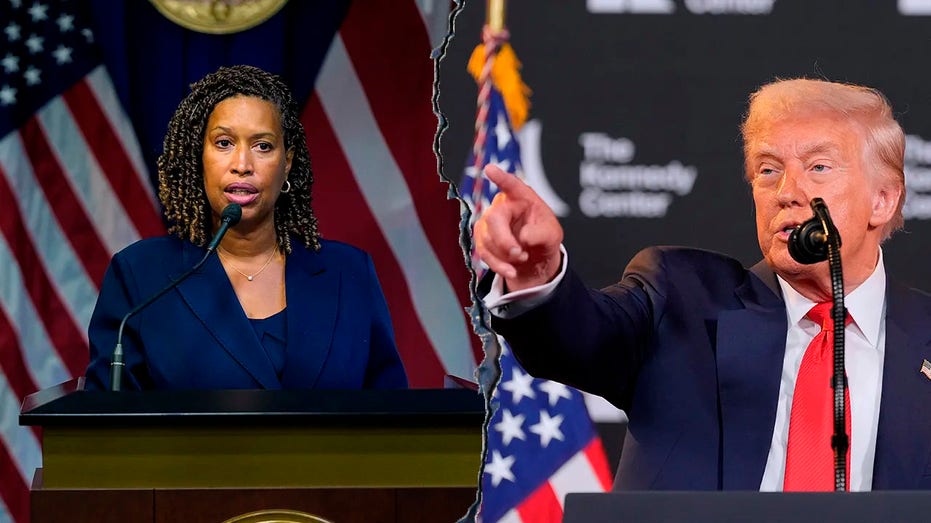

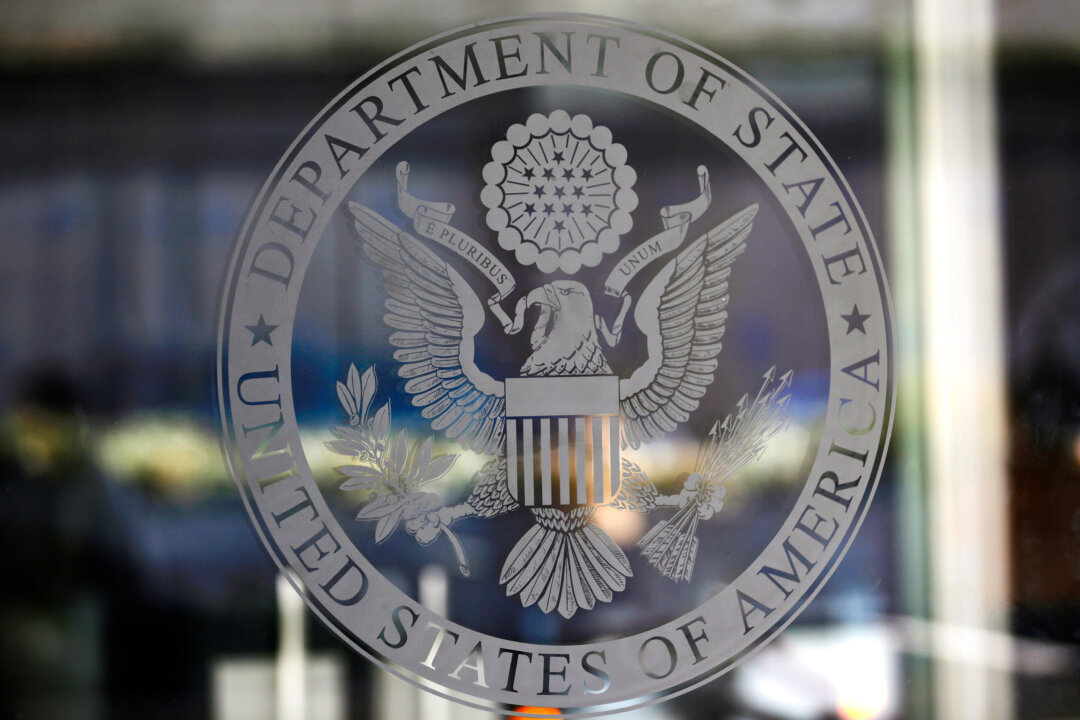

 English (US)
English (US)